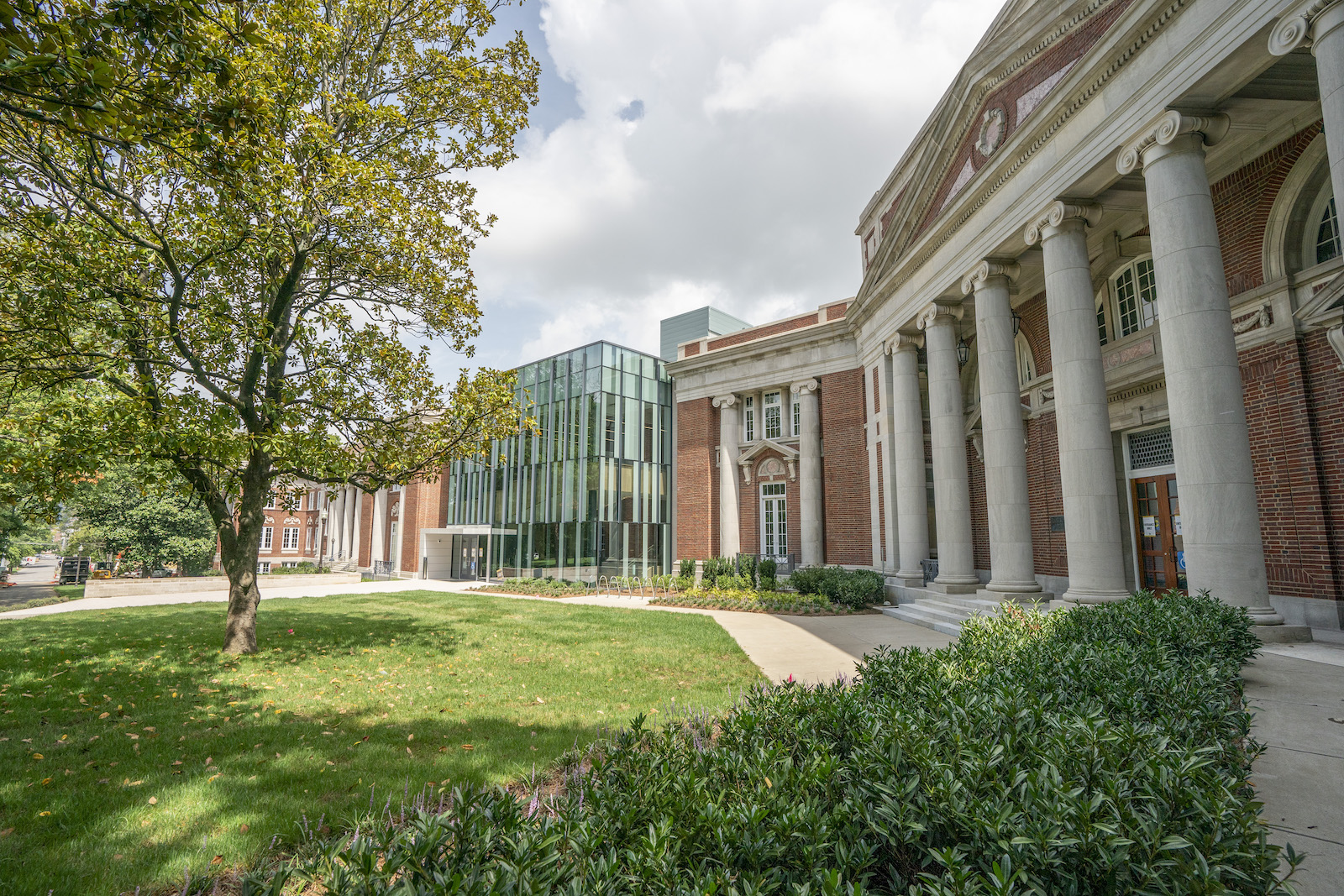Program Overview
The Department of Special Education has a rich tradition of excellence in teacher education. The undergraduate program prepares you to work with persons with disabilities and leads to teacher licensure. Students pursue an interdisciplinary major in exceptional learning with emphasis in one of three specialty areas: High Incidence Disabilities (K-8 or 6-12) or Multiple and Severe Disabilities.
This major can be combined with other majors in Cognitive Studies, Child Studies, Child Development, Human and Organizational Development, or majors in Arts and Science. The program is field-oriented and problem-centered, with most professional courses requiring direct involvement with individuals with disabilities. Beginning first semester of freshman year, you will observe and work in a variety of community and educational settings.
We are proud that our graduates find excellent job and academic placement after graduation. Graduates have started their careers in the some of the following locations:
- Williamson County Public Schools
- Metro-Nashville Public Schools
- Chicago Public Schools
- DC Public Schools
- Los Angeles Unified School District
- Currey Ingram Academy
- Stephen Gaynor School
- KIPP Academy (various locations)
- Victory Education Partners
- Denver Public Schools
Program Director: Andrea Capizzi, Ph.D.
